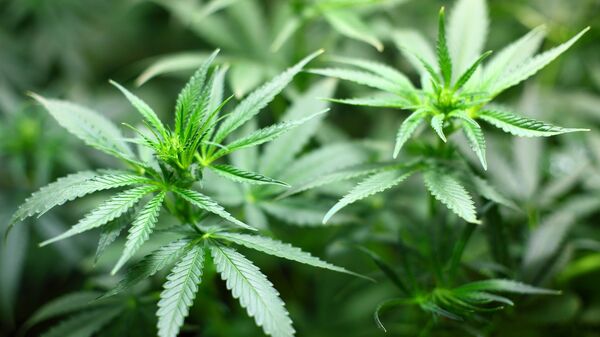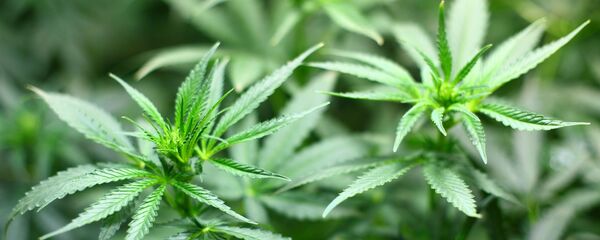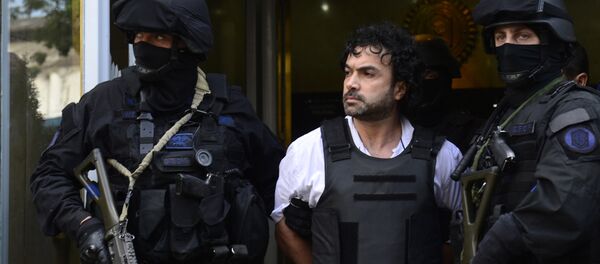According to Department of Health Commissioner Ed Ehlinger, "This decision was made after careful deliberation of available evidence, consultation with experts in the field and public input."
"While the process of reviewing these potential additions was difficult due to the relative lack of published scientific evidence, PTSD presented the strongest case for potential benefits. PTSD also has few effective treatment alternatives available for some patients with the condition," he added.
The Department of Health believes cannabis treatment will help a wide spectrum of people, including war veterans, sexual assault victims and witnesses to violence.
Cannabis, when used under controlled circumstances, is known to assist patients to reach a state of deep relaxation. It is also known to be an effective painkiller that allows for an altered perception of time.
The Minnesota Department of Health examined the use of cannabis to treat other conditions including depression, arthritis and autism-spectrum disorders, but has not yet secured proof of the material's effectiveness, according to Ehlinger.
Minnesota state authorities will ease trade restrictions on cannabis beginning next summer. Topical patches, creams and lotions will be allowed, in addition to oils, capsules and vapors currently available for sale.
Currently, cannabis is available by prescription to help patients suffering from severe pain. The Department of Health does not expect any significant spike in registered patients after PTSD is added to this program, Ehlinger said.




